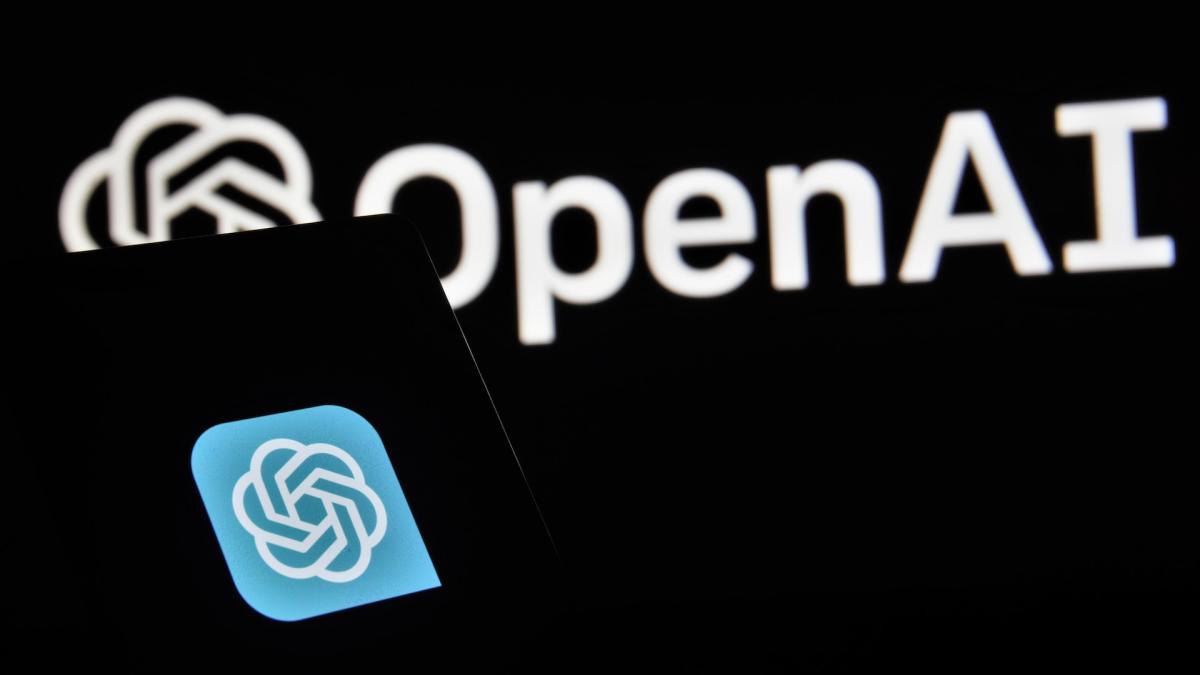Competition in generative artificial intelligence foundation models
This working paper examines how competition in foundation models (FMs) works.

Foundation models (FMs) are the origin of breakthrough innovations in generative artificial intelligence (AI) applications, such as ChatGPT. Only responsible developments in competitive markets can help ensure that FMs deliver their full benefits at minimum risk.
FM developers require language models (LMs), data and computing power to generate natural language output, such as texts, from language input. Thus, the FM value chain is composed of three main elements: LMs, data and computing resources.
These markets are currently competitive, with multiple providers and degrees of openness thanks to several closed- and open-source models, open-source and proprietary data, and vigorous competition between firms at the computing-resources level, despite high degrees of concentration in some of these markets. These market characteristics ensure that FM developers face low or surmountable entry barriers.
Still, potential competition issues are likely to arise in the future. Dominant firms could leverage their dominant positions, refuse to give access to their LMs, scrape data, refuse to grant access to data, impose undue barriers to switching and lock their users into their ecosystems. Firms could also use LMs to achieve an anticompetitive agreement through algorithmic collusion.
Competition authorities should focus their efforts on short-term risks. They should also remain vigilant in terms of ensuring the competitive process between open- and closed-source models works and that open-source developers and public authorities do not impose undue restrictions to mitigate the risks of open-source models, which would deter their development in a way that would favour closed-source models.
Finally, at this development stage, studies are lacking. Researchers and competition authorities should investigate the impact of fms on content providers and the digital advertising industry, the role of FMs in digital ecosystems, and cooperation mechanisms between competent authorities across regulatory fields and countries.



